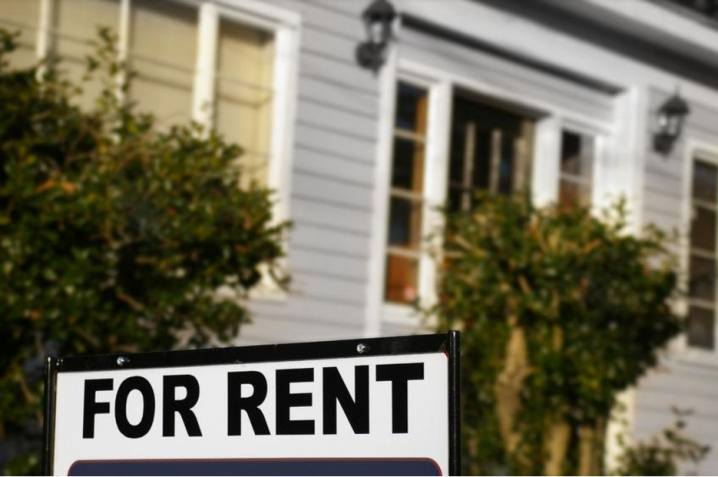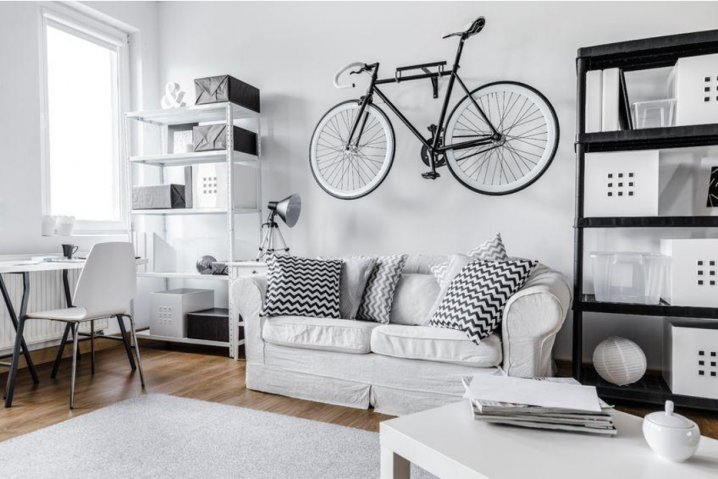Whether you’re planning on travelling over the summer or you’ve scored an amazing opportunity to work abroad for a few months, before you even think about subletting your apartment, there’s a few things you need to think about before you do.

Check your lease
It’s crucial that you look over your lease before considering subletting. Chances are you glossed over it the first time, and it’s important to make sure you’re aware of what your landlord or property management company has outlined regarding subletting. If it’s been awhile since you reviewed your lease details you might want to dig through your files for your original, or, better yet, ask your landlord for an updated copy to make sure there haven’t been anything changes you weren’t aware of.
Double check state laws
If your lease doesn’t outline any details regarding subletting it’s a good idea to cover you bases and check in with your state laws. Most states have their own statutes regarding subletting; however, it’s about 50-50 on who it benefits more. Some states ask for landlords to given written permission while others require a landlord to provide justification for refusing a tenant to sublet their space.
Interview your subletter
Before you shake hands and relinquish your keys it’s important to seriously interview your potential subletters. Your candidate may seem friendly enough, but ultimately, as long as your name is on the lease, you could be held legally responsible for any damage that may occur. There are plenty of online options, such as MySmartMove tenant screening services which are specially tailored for those who are not tied to property management or ownership and can help identify potential subletters with poor credit. Ask for references from former landlords and make sure to inquire about their job history. If for whatever reason they fail to make payments, you may also be responsible for covering what’s missing.
Draft a sublease agreement
To avoid potential liability, aside from inspection paperwork, you also need to have the new tenant sign a sublease agreement that clearly defines the terms. It should cover details such as the amount of payment owed, how it will be delivered (either to you or to the landlord), the value of the security deposit, if any, damages, and in the event of damages to the property, who will be responsible for them.
Require a security deposit
Another way to help protect yourself from potential financial burden is to require tenants to pay a deposit that covers at least two months’ rent. Hopefully, while this provides you with an extra bit of security, it should also incentivize your temporary tenants to take extra good care of things so they’ll be able to receive the deposit back when the sublease is over.
Talk to your landlord
Even if your lease or state law says subletting is allowed, it’s still a good idea to give your landlord a heads up if you’re planning on having someone else stay in your space for a while. It’s not only considerate, but your landlord will more than likely appreciate the notice and may have some other stipulations you’ll want to be aware of. If you’ve already interviewed candidates, give your landlord an update on your top picks.
Don’t forget about the details
Subletting your apartment usually covers your bases for rent, but if you’re also responsible for utilities you may want to consider negotiating the cost with the new tenant so you don’t have extra dollars going out for services you’re not using. If the tenants plan on transferring over their current utility accounts, make sure to cancel or suspend anything while you’re away.

Have a record
Before the temporary tenant moves in, you need to make sure you take enough pictures in case damage occurs and you need to prove the condition of the property before you left. You should also consider having your subletter sign an inspection form for extra security.



